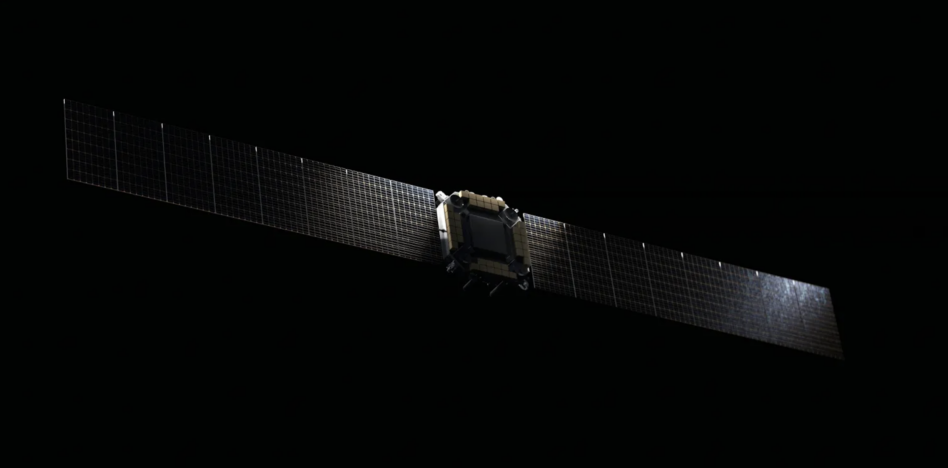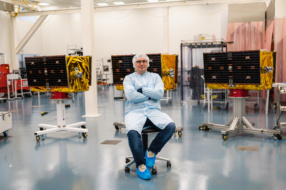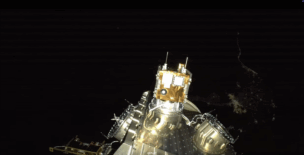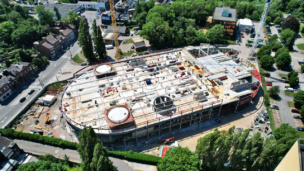K2 Space, the CA-based startup attempting to build affordable, high-capacity satellite buses, announced a $110M Series B funding round yesterday to accelerate its satellite production.
Lightspeed Ventures and Altimeter Capital led the round, which also included participation from existing investors Alpine Space Ventures and First Round Capital. K2’s total equity financing now stands at $180M.
First flight: The influx of cash comes before K2 flies its first customer mission. The company has earned flight heritage for some components it developed in-house, but its first customer mission—called Gravitas—isn’t expected to fly until 2026.
Gravitas will bring national security and commercial payloads to LEO, where the company will then use its proprietary electric propulsion system to raise the spacecraft to MEO over the course of a few months—a middle lane where K2 hopes more customers see value.
“LEO is massively crowded, GEO is prime real estate, but there’s a huge gap in-between. What you can do with MEO is get global coverage with fewer satellites. You might need hundreds in LEO, [but in] MEO you can do things with 25 satellites,” John Plumb, K2’s head of strategy, told Payload.
The company hardened its satellite bus to withstand MEO’s high radiation levels. It’s also built one of the most powerful electric propulsion systems on the market, with two thrusters on each 20-kilowatt sat, Plumb said.
Building a market: K2 plans to continue improving its production capacity and efficiency. The company will hire more engineers to continue its “ruthless approach to driving down costs,” as Plumb put it, that involves vertical integration and engineering decisions driven by scalability.
K2 recently opened a 180,000 sq ft facility where it plans to produce as many as 100 Mega Class sats annually in the coming years, according to Plumb, offering a unique combination of capacity and power at a cost of $15M per sat.
“This trade space of high power, high payload mass on an affordable bus is sort of an untapped capability. Folks haven’t wrapped their heads fully around what that might mean,” Plumb said.



